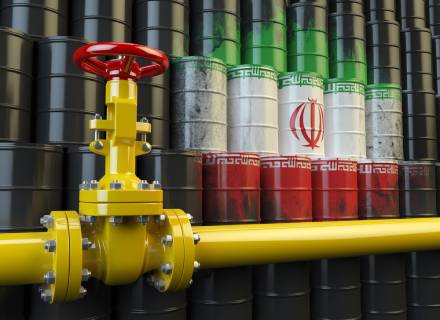Iran, which has been subject to sanctions by the Western Bloc, has agreed to pay local companies USD 13 billion in exchange for 350,000 barrels of oil per day.
According to Shana, Iran’s official news agency for the oil industry, the deals pertaining to six oil fields were signed by the oil ministry and Iranian businesses in a ceremony that was televised on state TV.
Iran has not waited for foreign contractors and investors, according to Oil Minister Javad Owji during the signing.
“Despite a year filled with ups and downs for the nation’s oil industry, exports were unaffected,” the official remarked.
Well Services of Iran (WSI) and Well Services Development of Petro Iranian Arvand (PIA) were given a USD 245 million contract by the National Iranian Oil Company (NIOC) to develop the oil fields of Soumar, Saman, and Delavaran. Over a 20-year period, the wells are anticipated to yield 404 million barrels of crude oil.
In order to start the second phase of development for the Masjed Soleyman oil field, NIOC also signed a USD 260 million contract with Sina Energy Development Company (SEDCO). The northern wing of the Masjed Soleyman oil field is to be developed and exploited over the course of a 14-year contract with the goal of producing 21 million barrels.
The oldest oil field in Iran and the Middle East, Masjed Soleyman, is situated in the southwest region of Khuzestan.
According to Shana, the estimated amount of oil in place (OIP) is 6.2 billion barrels, with approximately 1.2 billion barrels located in its northern wing.
A contract for the second phase of the Azar oil field’s development, involving direct investments of USD 1.04 billion, was signed by NIOC and Sarvak Azar Engineering and Development Company. In 20 years, the deal is expected to add 177 million barrels of crude oil.
Due to Western sanctions, Iran’s oil production and exports have been restricted. Iran can produce about 31.8 million barrels of crude oil per day, according to the IEA’s most recent estimate.

